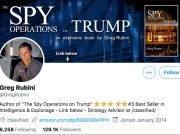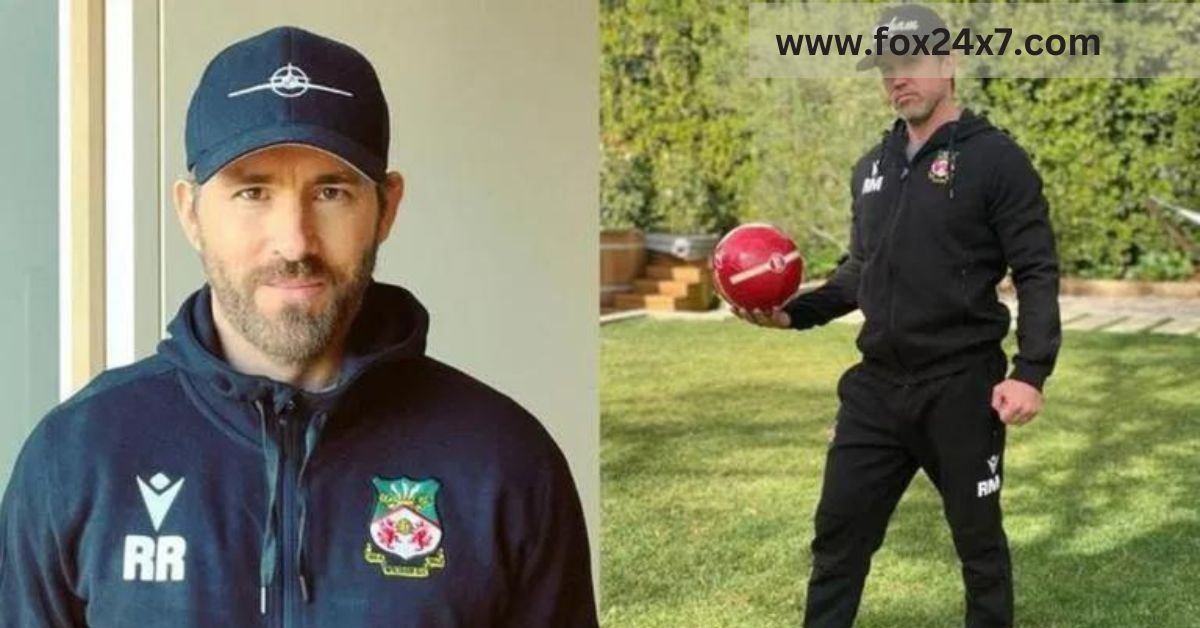The takeaways panel’s unanimous vote in favor of subpoenaing former President Donald J. Trump to testify was the biggest surprise.On Thursday, the House committee that is investigating the Jan. 6th 2021 attack held its ninth and possibly final hearing. It rehearsed the arguments of the panel that President Donald J. Trump was directly involved in the inciting violence. Surprisingly, the panel voted 9 to 0 to order Mr. Trump to produce both documents and testimony regarding the attempted overturn of the election.
These are the four main takeaways from this hearing.

Trump must testify before the committee.
Representative Bennie Thompson (Democrat from Mississippi), was the chairman of the committee. He stated that Mr. Trump had played an almost unique role in triggering the events of January 6. He must answer all questions directly before the American people.
Thompson stated that “The need for this panel to hear from Donald Trump is beyond our fact-finding.” He must be held accountable. He must answer for his actions.
It is not clear if Mr. Trump will be willing to have a serious sit-down with investigators.
Trump believes that he is his best spokesperson and can explain his actions in front of anyone. He often takeaways disregards the advice of lawyers who almost certainly would tell him to not appear voluntarily.
According to someone familiar with the discussions, Trump has been telling his aides that he is open to giving his testimony to the House select committee. It is not clear if the committee would agree to such a request.
However, Trump also recognized the dangers of giving evidence during an ongoing investigation. In response to questions by the New York attorney General’s office, he invoked the Fifth Amendment 440 more times.
The suit was filed against him, his three children, and the Trump Organization executives.
During the Russia-2016 campaign ties investigation, Robert S. Mueller III investigated Mr. Trump’s responses. He never spoke directly with investigators and takeaways only provided written answers to questions.
It is not clear whether the committee will attempt to force Mr. Trump to give documents and sit for interviews if he declines. If Republicans win control of the House, this court effort could drag out for a while and the committee may be shut down.
The panel did not have any new evidence.
The committee presented a new and disturbing portrait of Donald Trump’s actions in a series of hearings that took place over the summer and spring, drawing on a wealth of evidence from interviews and documents.
The committee has received a number of Secret Service messages and video footage from Roger J. since the July hearing. Stone Jr. interviewed other Trump aides.
The committee, however, retold, replayed, and reiterated the footage, testimony, and arguments it had presented in previous hearings. However, takeaways this was in a compelling and visually striking way that conveyed again the terror, chaos, and initial bipartisan fury at Trump.
The most compelling new material was the behind-the scenes footage of congressional leaders as they were evacuated from Capitol Hill and taken to a safe location.
Since August, when the Justice Department’s investigation into Mr. Trump’s mishandling of classified documents and obstruction of justice erupted into a major legal crisis for him, the public narrative has dramatically changed about Mr. Trump’s criminal exposure.
Allies encouraged Trump to claim victory on election night before the time.
The committee found out that Mr. Trump’s ally, conservative activist Tom Fitton sent an email to the White House on Oct. 31 containing a statement Mr. Trump should make on election night, claiming victory based upon early returns. Mr. Fitton stated that Mr. Trump should state, “We had an electoral vote today — and I won.”
The committee also heard audio and video from Stephen K. Bannon (another close ally to Mr. Trump), takeaways who said that Trump would declare victory on election night regardless of the results.
Trump followed this advice and declared victory on election night. His supporters were left with the false impression that he had won.
The committee heard testimony from White House aides that Mr. Trump admitted privately to having lost the election while he attempted to overturn its results.
Alyssa Farah (an aide) testified that Trump expressed frustration at being defeated by Joseph R. Biden Jr. in a brief interaction in the Oval Office one week after his election.
“Can you believe that I lost to this f*ing guy?” Ms. Farah replied that Mr. Trump had asked her.
Prosecutors may find it helpful that Donald Trump admitted defeat privately and tried to win the election again. They often have to prove beyond reasonable doubt that a person knew what they were doing wrong in order to get a conviction.
The issue of criminal referrals was not resolved.
“We have sufficient information for criminal referrals for multiple persons,” Ms. Cheney stated near the end, but did not name anyone or give any details about the evidence.
Ms. Cheney has been advocating the idea of a Criminal Referral to the Justice Department since last Year. She also mentioned this possibility in her opening speech, saying that the committee could decide to make several criminal referrals.
The committee is yet to decide if they will do so. It is unclear at this stage what effect this move could have on the substance of the matter.
The committee began its work last January with few signs that the Justice Department was actively investigating Mr. Trump’s case. However, the department has taken several aggressive steps, including bringing Mr. Trump’s White House aides before a Washington grand jury.
Also, Read








![Buying the Dip: The Meaning And Its Importance [Markets Strategy] Buying the Dip](https://fox24x7.com/wp-content/uploads/2021/11/Buying-the-Dip--180x135.jpg)

























